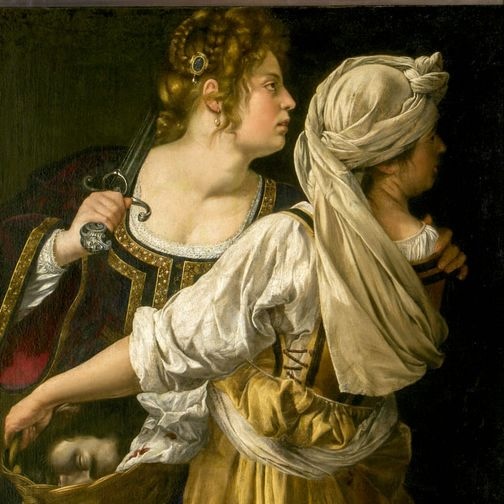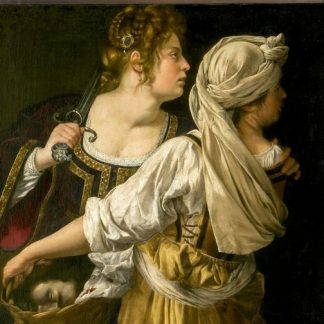More Info
Abraham, Isaac, Jacob, Joseph (and his many brothers)—when we think of characters in the Hebrew Bible, we tend to think first of the male figures, “the patriarchs.” But think again—Eve is a far more interesting character than Adam; Rebecca overshadows her feckless husband, Isaac. Potiphar’s wife, though we don’t know her first name, is far more memorable than Joseph’s slavemaster Potiphar, and Lot’s wife (similarly without a first name), is much more than a pillar of salt. The female characters in Genesis are richly conceived, often flawed (in interesting and revealing ways), but still fascinating, nearly three thousand years after the biblical writers created them. And some of the most significant and consequential biblical women were not even members of the tribe: Hagar, the Egyptian slave who is the first human being to give God a name, and Tamar, the Canaanite woman who turns the tables on her father-in-law Judah, and becomes the ancestor of the future King David. This lecture will consider all of them, and conclude with a discussion of the poignant relationship between the two most admirable characters in the entire Hebrew Bible: Naomi and her daughter-in-law, Ruth.
Bruce Thompson, Ph.D., is a lecturer in the Departments of History and Literature and the Associate Director of Jewish Studies at U.C.-Santa Cruz, and also teaches at the Institute. He received his Ph.D. in History from Stanford; his areas of scholarly research include European intellectual and cultural history, French history, British Isles history, American Jewish intellectual and cultural history, the history of cinema, and the history of espionage.

